Free shipping order over 20,000
Yellow Monk
₨ 175,000 Original price was: ₨ 175,000.₨ 140,000Current price is: ₨ 140,000.
Scientific Name:
Myiopsitta monachus
Size:
Typically ranges from 28 to 30 cm (11 to 12 inches) in length.
Weight:
Around 90 to 115 grams (3.2 to 4.1 ounces).
Color:
- Body: The Yellow Monk Parrot features a vibrant yellow coloration, often with a greenish tinge. The yellow can range from a soft pastel to a more intense yellow.
- Face: The face is generally lighter yellow, sometimes with hints of green.
- Wings: The wings are a mix of yellow and green, with some blue and turquoise feathers.
- Tail: The tail feathers are primarily yellow with greenish or blue highlights.
- Beak:
The beak is orange and robust, suitable for cracking seeds and nuts. - Eyes:
Dark eyes with a pale ring around them.
Legs and Feet:
Grayish in color, with zygodactyl toes (two toes facing forward and two backward), aiding in effective climbing and grasping.
Important Keys:
Habitat
Distribution:
Native to South America, including countries such as Argentina, Paraguay, and parts of Brazil. The Yellow Monk Parrot is a color mutation and is typically found in captivity rather than in the wild.
Environment:
In captivity, they thrive in spacious cages or aviaries with ample space for flying and climbing. They require toys, perches, and social interaction for mental stimulation.
Diet
Primary Food:
In the wild, their diet consists of seeds, fruits, nuts, and berries. They may also eat grains and crops.
Captivity Diet:
In captivity, they should be provided with a balanced diet including high-quality pellets, fresh fruits, vegetables, and occasional seeds. Fresh water should always be available.
Feeding Behavior:
Yellow Monk Parrots are active foragers. They use their strong beaks to crack open seeds and nuts and enjoy exploring their environment for food.
Breeding
Breeding Season:
In captivity, Yellow Monk Parrots can breed year-round. In the wild, their breeding season is influenced by seasonal changes.
Nest Location:
In the wild, they build large communal nests in tree branches. In captivity, a suitable nesting box should be provided.
Egg Quantity:
A typical clutch consists of 4 to 8 eggs.
Incubation Period:
The incubation period lasts approximately 24 to 26 days.
Fledging:
Chicks fledge around 6 to 8 weeks after hatching.
Lifespan
In the Wild:
Yellow Monk Parrots can live up to 10-15 years.
In Captivity:
With proper care, they can live up to 15-20 years or more.
Behavior
Social Structure:
Yellow Monk Parrots are highly social birds, often living in large flocks with complex social interactions. They are known for their cooperative breeding and strong group bonds.
Vocalization:
These parrots are very vocal, producing a range of chirps, squawks, and calls. They are also capable of mimicking various sounds and human speech.
Personality:
Yellow Monk Parrots are intelligent, active, and playful. They thrive on interaction with their environment and caregivers. Their social nature means they require regular mental stimulation and companionship.
Related Products
-
-70%
Zebra Finch
₨ 5,000Original price was: ₨ 5,000.₨ 1,500Current price is: ₨ 1,500. -
-14%
Green Star Finch
₨ 17,500Original price was: ₨ 17,500.₨ 15,000Current price is: ₨ 15,000. -
-26%
Lotino Gouldian Finch
₨ 16,150Original price was: ₨ 16,150.₨ 11,951Current price is: ₨ 11,951. -
-20%
Silver Diamond Firetail Finch
₨ 31,250Original price was: ₨ 31,250.₨ 25,000Current price is: ₨ 25,000. -
-21%
Euro Bengalese
₨ 3,800Original price was: ₨ 3,800.₨ 3,000Current price is: ₨ 3,000. -
-20%
-
-20%
White-tailed Dove
₨ 1,250Original price was: ₨ 1,250.₨ 1,000Current price is: ₨ 1,000. -
-42%
Silver Pied Dove
₨ 12,000Original price was: ₨ 12,000.₨ 7,000Current price is: ₨ 7,000.
Sign Up for Exclusive Birds Care Tips and Offers from Phool Panchi
© 2024 Phool Panchi | Developed By v3Studio


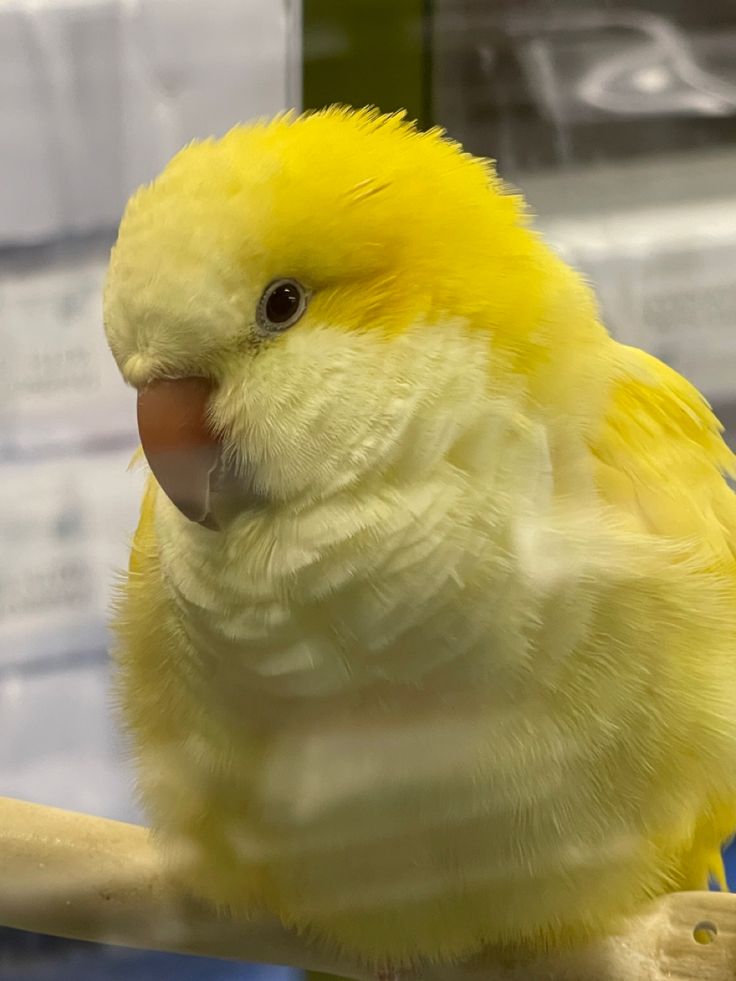



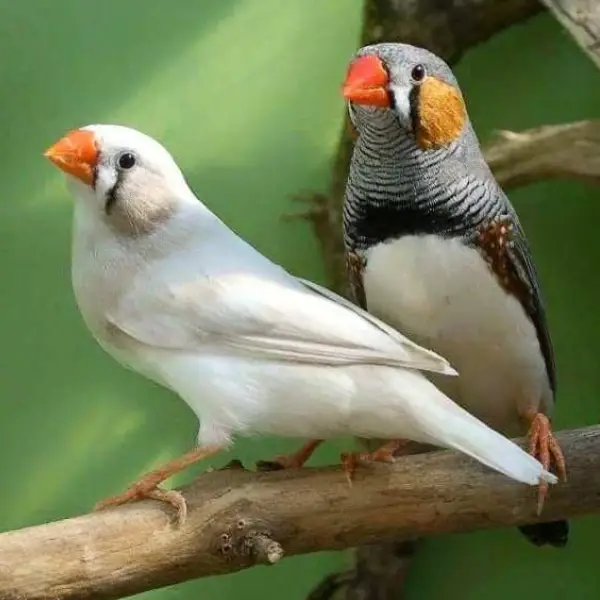
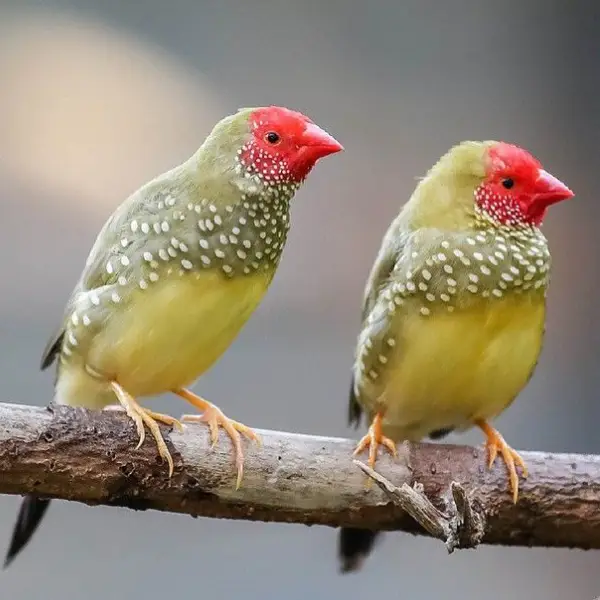
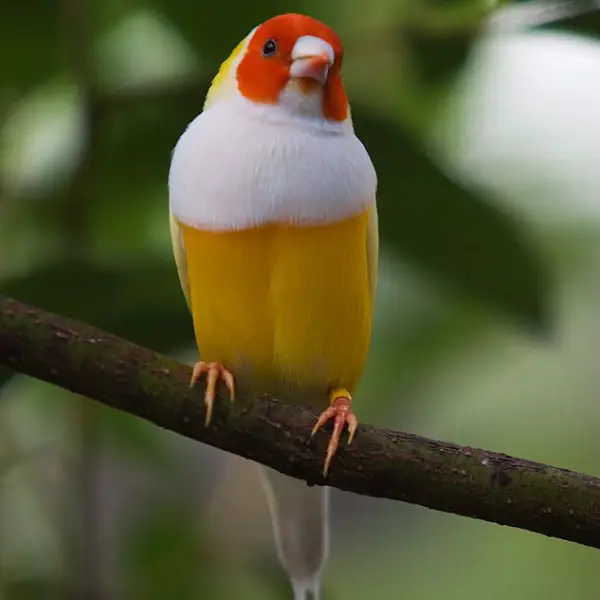
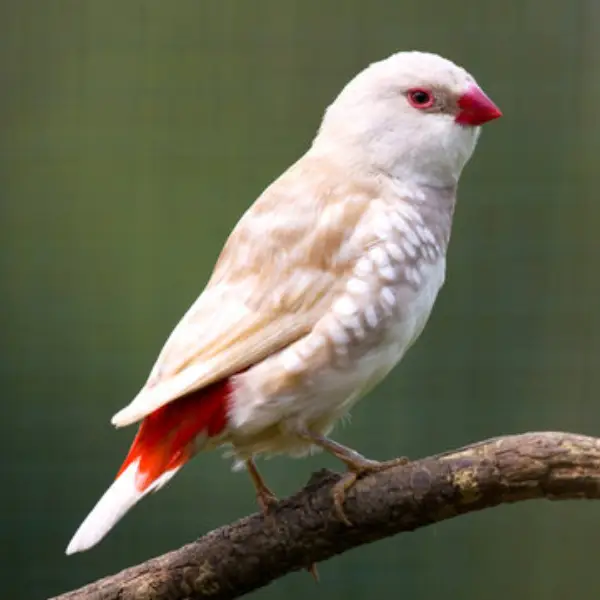

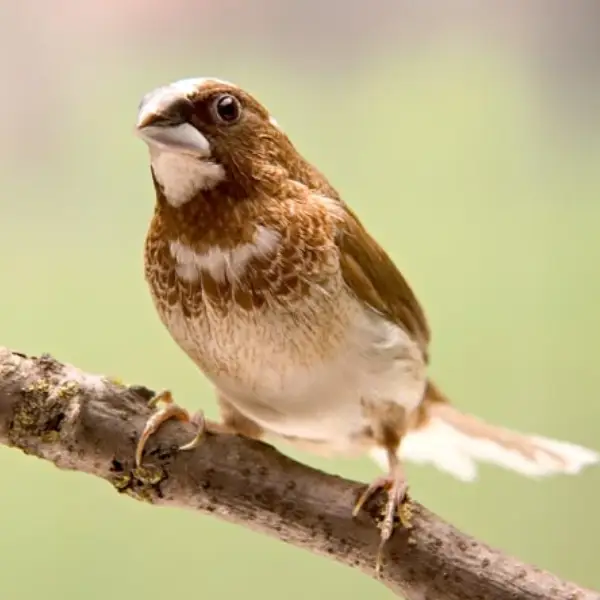
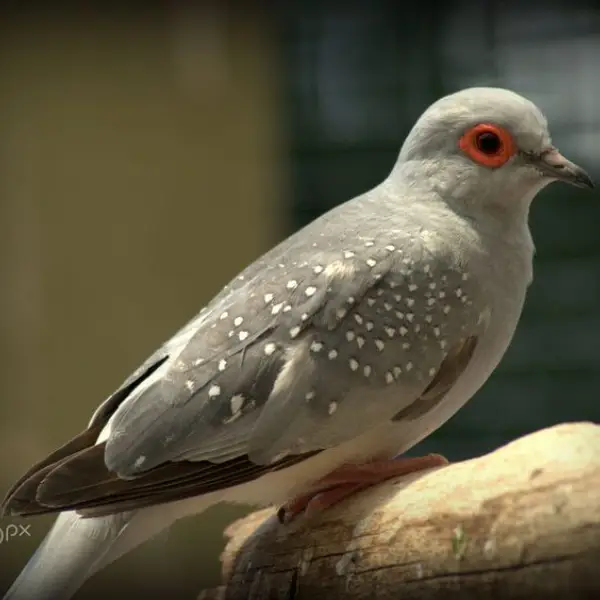
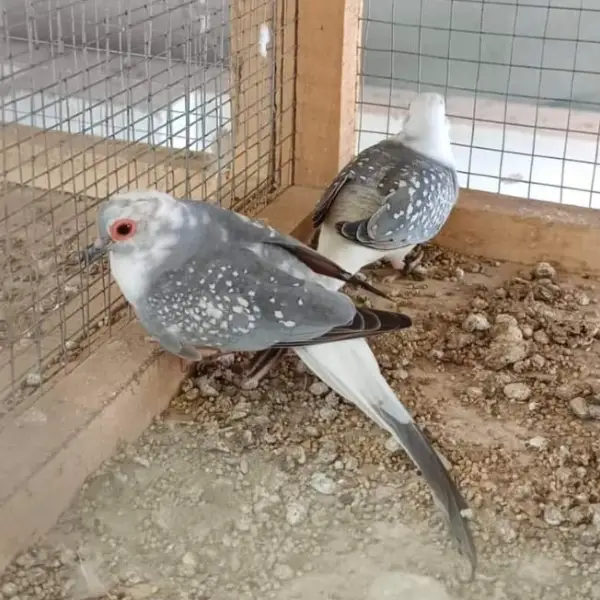
Reviews
There are no reviews yet.